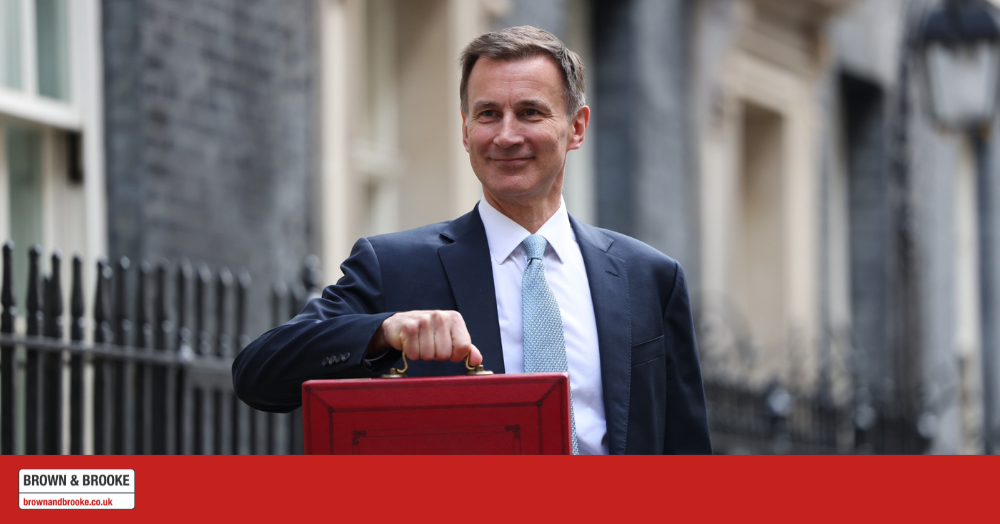Chancellor Jeremy Hunt delivered his Spring Budget last week – but which announcements, if any, have impacted landlords, investors and those looking for a buy-to-let?
To save time, the quick bullet point takeaways for landlords and investors are:
· The higher rate of capital gains tax (CGT) on property will be cut from 28% to 24% from April.
· The lower rate of capital gains tax will remain at 18%.
· The “Furnished Holiday Lettings” tax regime will be abolished from April 2025.
· Holiday let owners will also lose the right to deduct costs of fixtures and fittings from their income, will no longer be able to make tax-advantaged pension contributions, and will lose the benefit of paying a 10% business rate rather than the full capital gains tax rate when disposing of their property.
· The Empty Property Relief “reset period” will be extended from six weeks to thirteen weeks from April 2024 in England.
· The multiple dwellings relief has been abolished.
Capital Gains Tax
The higher capital gains tax (CGT) rate on residential property, currently at 28%, will be reduced to 24%. Capital gains tax on property sales is paid on non-permanent residences such as buy-to-lets, second homes and holiday lets.
The rate is higher than on other assets such as stocks, where higher rate taxpaying investors are charged 20%. Hunt said the Treasury suggested a lower rate of tax would increase sales and boost revenue by increasing the number of sales. The capital gains tax property rate will remain the same for basic rate taxpayers at 18%.
Furnished Holiday Lettings Tax
Meanwhile, the furnished holiday lets (FHL) regime, which offers tax advantages to those who let out a property as a holiday home, will be abolished in April 2025. Hunt said this is because holiday lets reduce the availability of long-term rentals for residents.
At the moment, landlords who use the furnished holiday lets regime can deduct the full cost of their mortgage interest payments from their rental income. About 127,000 properties in the UK are registered under this regime.
Holiday let owners will also lose the right to deduct costs of fixtures and fittings from their income, will no longer be able to make tax-advantaged pension contributions, and will lose the benefit of paying a 10% business rate rather than the full capital gains tax rate when disposing of their property.
This is likely to push those with short term lets into long term lettings or encourage them to sell up. If you’re a landlord with a short term/holiday let,
get in touch with our team who will be able to guide you through the right decision for you and your property.
Empty Property Relief
As announced in the Spring Budget by the Chancellor, the Empty Property Relief “reset period” will be extended from 6 weeks to 13 weeks from April 2024 in England. This means a property must have been occupied for at least 13 weeks before any new period of 3/6 month empty relief applies.
This is designed to disincentivise “box shifting” where some landlords repeatedly occupy properties for short periods of time in order to claim further Empty Property Relief.
Multiple Dwellings Relief
The chancellor has abolished multiple dwellings relief for stamp duty land tax.
Multiple dwellings relief (MDR) currently enables purchasers of multiple residential properties to pay SDLT based on the average price per dwelling. Given that rates increase the higher the property price, this can lead to substantial SDLT savings where a number of residential properties are purchased within the same or linked transactions.
This will hit large portfolio landlords the hardest.
If you’re a landlord or property investor – or you’re looking to become one in the future – and you’re unsure how you’ll be affected by the new rules put into place by the Spring 2024 budget, get in touch today!
*This article is intended as a guide only and does not constitute legal advice. For more information, visit gov.uk.


